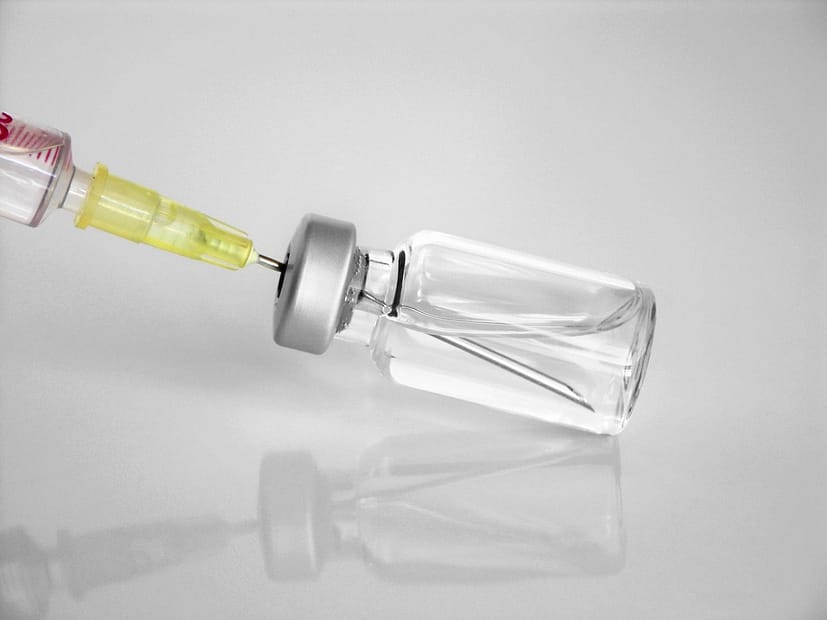Employee drug testing for medical marijuana reduces the risk of accidents in the workplace, reduces legal liability for companies, and lowers insurance rates. Federal law requires that occupations involving transportation and other safety related professions do an employee drug testing. Most occupations do not require drug testing. Many larger companies still utilize it to reap to financial and legal benefits.
Most drug testing procedures test for the presence of (or a predetermined concentration of) medical marijuana in your system. Anything taken in the last 1 to 30 days (1 day for saliva, 4 days for urine, and about 30 days for blood). Arguably, this may be a good thing for the most addictive and destructive drugs, but many states now have laws legalizing the use of marijuana for medical. Should employees have to refrain from using their medication outside of work hours? What if there are no performance issues with this employee? In California, the courts have so far said that employers have the right to drug test without the presence of performance issues and terminate employees that test positive for banned substances even if they have a recommendation for medical marijuana.
Employee drug testing most common technique utilized in company medical marijuana testing is urine analysis. 11-nor-delta-9-tetrahydrocannabinol-9-carboxylic acid (9cTHC) is the marijuana metabolite that most tests detect in your urine. The length of time 9c THC shows up in the urine after cannabis administration depends on the dose, method of administration and the frequency of use. THC and its metabolites are high fat solubility meaning ,stored in your body fat. On average if a person who has never had marijuana before smokes one joint (approximately 1 gram). 9CTHC will test positive in urine about 4 days after use. While those with higher body fat percentage up to one week. For the frequent smoker of marijuana positive results can show in the urine 46 days after stopping.[1]
A market for products to assist with false negative test results exists.
There are chances for employees that are not treated with medical marijuana to test positive for marijuana. These test results are called false positives and can be especially troubling for employees. An employee can have false positive results from taking by mouth nonsteroidal anti-inflammatory medications. Such as, ibuprofen, naproxen, fenoprofen, so it is important to avoid these medications prior to urine testing. Proton pump inhibitors such as pantoprazole and nonnucleoside reverse transcriptase inhibitors can cause a false positive, and must be avoided.
employee drug testing
Employee drug testing can also have negative results after using medical marijuana; test can show false negative results. Testing negative for an employee drug test when using medical marijuana can be advantageous to many employees. A market for products to assist with false negative test results exists. Many synthetic urines and ingestible products available, designed to produce a clean urine sample. It is often difficult to detect if an employee has taken ingestible products as the employee will consume the product prior to taking a drug test. Synthetic urine is often difficult to detect because employees know to warm the urine to body temperature before testing. Obviously, synthetics can be more difficult to use when a witness is required, which is why products like the “Wizzinator” were invented.
Employers do have the right to drug test without the presence of performance issues.
Additionally, false negative results can happen after adding Visine eye drops to urine samples.
Another employee drug testing form is through a saliva sample. Saliva tests show the presence of banned substances taken within the last 24 hours. Holding the sample collector in the mouth without getting any saliva on the collector can produce false negative results so it is important to ensure saturation of the collector.
Hair samples are also a method of testing for medical marijuana. An employee has to be a frequent user of medicinal marijuana with multiple high doses in order to be positive on this test. This method of testing can have false negatives as well if a patient shaves their hair off.
[1] Ellis GM Jr, Mann MA, Judson BA, Schramm NT, Tashchian A. Excretion patterns of cannabinoid metabolites after last use in a group of chronic users. Clin Pharmacol Ther. 1985;38(5):572-578


How much for renewal ??
It is $45 dollars for a renewal including the medical marijuana recommendation alone. A medical marijuana identification card or wallet cannabis recommendation is $20 additional.
Comments are closed.